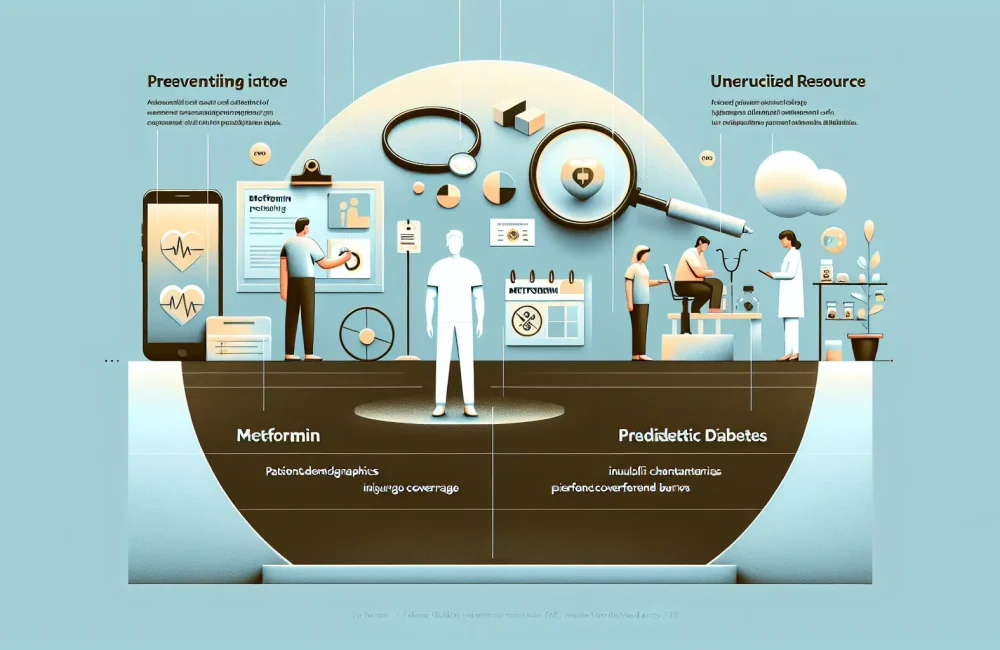By CAFMI AI From Journal of General Internal Medicine
Culturally Tailored Faith-Based Intervention for South Asian Americans
South Asian Americans face disproportionately high rates of obesity-related conditions such as diabetes and hypertension, posing significant public health challenges. Traditional healthcare interventions often lack cultural relevance, limiting effectiveness and engagement. To address these disparities, a unique prospective single-arm pre-post trial evaluated a faith-based anti-obesity program specifically designed for South Asian Americans. Conducted over 12 months, the intervention took place in trusted community environments such as temples and community centers, utilizing cultural practices and spiritual principles to foster participation and retention. The program integrated dietary counseling tailored to modify traditional South Asian diets for improved health, encouraged physical activity, and provided education on diabetes and hypertension management. By working within a culturally familiar context, this intervention aimed to overcome barriers to lifestyle modification common in this population.
Significant Health Improvements Observed at 12 Months
The study enrolled 150 adult South Asian Americans and tracked key clinical outcomes at baseline, 6 months, and 12 months. At one year, participants showed statistically significant improvements in several important health measures. The average body mass index (BMI) decreased by 1.2 kg/m2, reflecting meaningful weight reduction in a community typically facing obesity risks. Among participants with diabetes, HbA1c levels improved by an average of 0.5%, signaling better blood sugar control, which is crucial for reducing complications associated with diabetes. Additionally, systolic and diastolic blood pressure decreased by an average of 6 mmHg and 3 mmHg, respectively, which are clinically relevant reductions contributing to lower cardiovascular risk. The program evidenced high adherence rates and was well-received by participants, indicating acceptability and feasibility in faith-based community settings. These outcomes support the potential of integrating culturally sensitive health promotion practices into faith contexts to improve chronic disease management.
Clinical Implications for Primary Care and Community Health
This study underscores the importance of culturally tailored interventions for high-risk ethnic groups like South Asian Americans in addressing obesity, diabetes, and hypertension. For clinicians, particularly those in primary care settings serving diverse populations, understanding the role of faith and culture as motivators can enhance patient engagement and outcomes. Referrals to community-based programs that incorporate cultural beliefs and practices may augment traditional medical management, offering a holistic approach that respects patients’ backgrounds and values. Furthermore, the positive impact on key cardiometabolic indicators highlights the potential to reduce long-term complications through lifestyle changes supported by community collaboration. Clinicians should consider advocating for similar programs and establishing partnerships with faith-based organizations to facilitate ongoing support, follow-up, and education tailored to cultural needs. Limitations of the study include its single-arm design lacking a control group; nevertheless, the real-world feasibility demonstrated suggests broad applicability. In future practice, incorporating culturally adapted interventions could fill gaps in chronic disease prevention and management for South Asian American patients, ultimately improving health equity and outcomes.
Read The Original Publication Here






